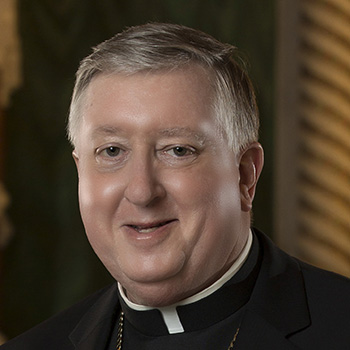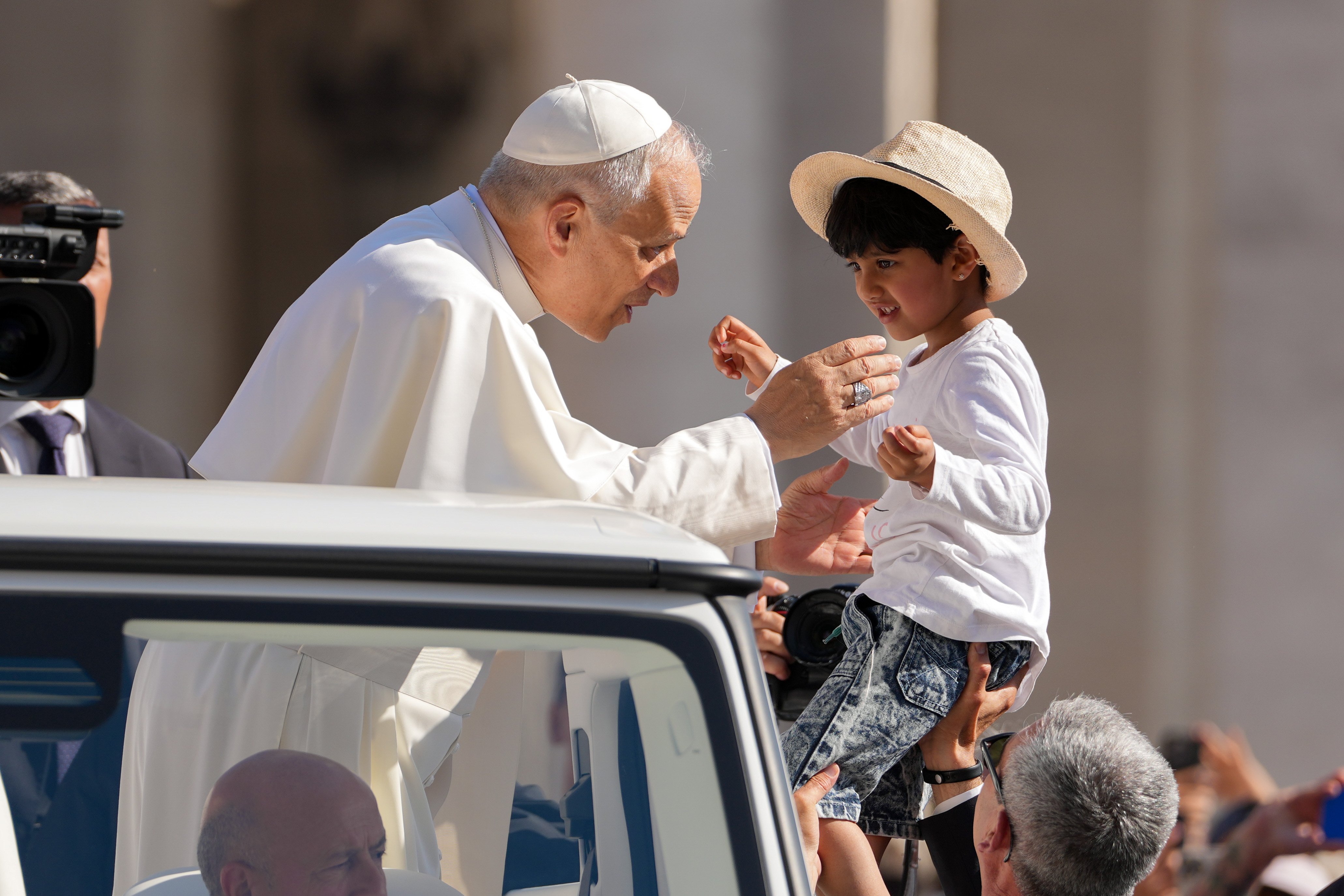SERVE THE LORD WITH GLADNESS | Jesus brings forth the new by building on the old
We build God’s kingdom by bringing forth new initiatives to meet the needs of our time

Dear brothers and sisters in Christ,
The Lord has made us creatures of time and eternity. Our task is to work with time, just as a farmer works with a field, to plant the seeds of eternity in the midst of it. How can we do that?
This week’s readings give us one clue. God gives Israel a series of festivals to celebrate every year, as well as the command to celebrate a Jubilee every 50 years. God is teaching Israel how to sanctify time. Our own yearly liturgical calendar, as well as our daily “Liturgy of the Hours,” build on that foundation. More on that in a minute.
The Gospel readings this week focus our attention on the kingdom of God. Jesus gives a series of parables: The kingdom of heaven is like a mustard seed, like yeast, like a treasure buried in a field, and so on. When He finishes the parables, Jesus says to His disciples: “Every scribe who has been instructed in the kingdom of heaven is like the head of a household who brings from his storeroom both the new and the old.”
The feast days we celebrate this week exemplify what Jesus says. St. Ignatius of Loyola (July 31); St. Alphonsus Liguori (Aug. 1); St. Eusebius of Vercelli (Aug. 2); St. John Vianney (Aug. 4); the Dedication of the Basilica of St. Mary Major (Aug. 5). All of these are great examples of building on the old while bringing forth something new for the sake of the kingdom. St. Ignatius of Loyola and St. Alphonsus Liguori, for example, held fast to the deposit of faith and the sacraments, while also bringing forth new religious orders to serve the needs of their time. The Basilica of St. Mary Major was the first church built to honor Mary under her title as Mother of God. This was a new title for Mary at the Council of Ephesus in 431, though it was built on the teaching of the Council of Nicea in 325.
That’s a great lesson for us these days, as pastors come into new assignments and parishes come into new configurations. Jesus built on the foundation of Israel, while also bringing forth something new. Saints have continued to build on the old and bring forth the new throughout Church history. And we, today, while holding fast to the deposit of faith and the sacraments, are bringing forth new initiatives to meet the needs of our time.
But Jesus gives a warning, too. Right after giving His parables on the kingdom, He visits His hometown of Nazareth. The new thing that He’s bringing forth — the kingdom — can’t break through in Nazareth because of their lack of faith. Does that mean He isn’t all-powerful? No. It means He respects the nature of what He has made — because He made us as free creatures; and He respects the nature of what He’s bringing forth — because the kingdom is a free cooperation between God and human beings.
We are creatures of time and eternity. As we step into changes in the coming weeks, months and years, let’s be deliberate in asking: How can we bring forth the new and the old, so that we’re planting the seeds of eternity in the midst of our times?



